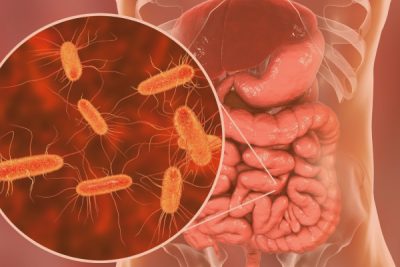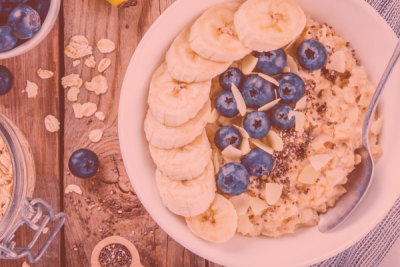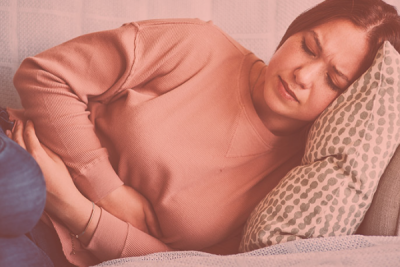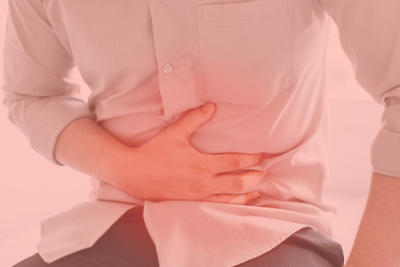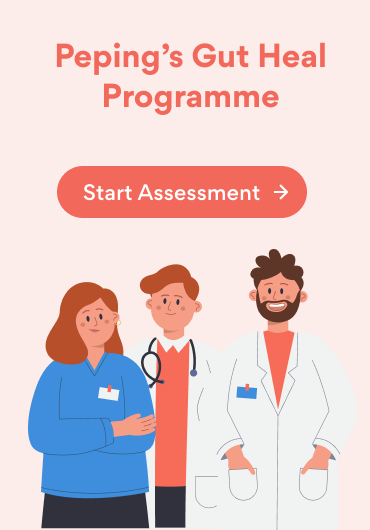As modern society becomes more and more fast-paced, it can be increasingly challenging to maintain good health, both physically and mentally. Two key factors that play a significant role in overall well-being are gut health and sleep. In this article, we will explore the interconnectedness between the two and how they can impact our lives.
The Importance of a Healthy Gut
A healthy gut is essential for many of the body’s functions to work properly, including digestion, absorption of nutrients, and the immune system. It also plays a role in regulating our mood and energy levels. When the gut microbiome is out of balance, it can lead to digestive issues, increased inflammation, and other health problems.
The Role of Sleep in Gut Health
Sleep is equally important for our health and well-being. It is during sleep that the body is able to repair and regenerate, and the brain is able to process and consolidate information. Lack of sleep can lead to physical and mental exhaustion, as well as a weakened immune system and digestive problems.
The Connection between Gut Health and Sleep
Research has shown that there is a strong connection between gut health and sleep. A healthy gut microbiome can lead to better sleep, and, conversely, good sleep can improve gut health. Here’s how:
- A healthy gut microbiome produces the hormones melatonin and serotonin, which play a role in regulating our sleep-wake cycle.
- Good sleep can improve gut motility, leading to better digestion and absorption of nutrients.
- Poor sleep can increase inflammation in the gut, leading to a disrupted gut microbiome and digestive problems.
Tips for Improving Both Gut Health and Sleep
There are several steps you can take to improve both gut health and sleep:
- Eat a balanced diet that includes plenty of fibre, prebiotics, and probiotics to support a healthy gut microbiome.
- Exercise regularly, as physical activity has been shown to improve both gut and sleep health.
- Avoid consuming caffeine and alcohol, as they can disrupt the sleep-wake cycle and lead to digestive problems.
- Create a sleep-conducive environment by keeping the bedroom cool, dark, and quiet, and avoiding screens before bedtime.
- Practise good sleep hygiene, such as establishing a consistent sleep schedule and winding down before bedtime.



